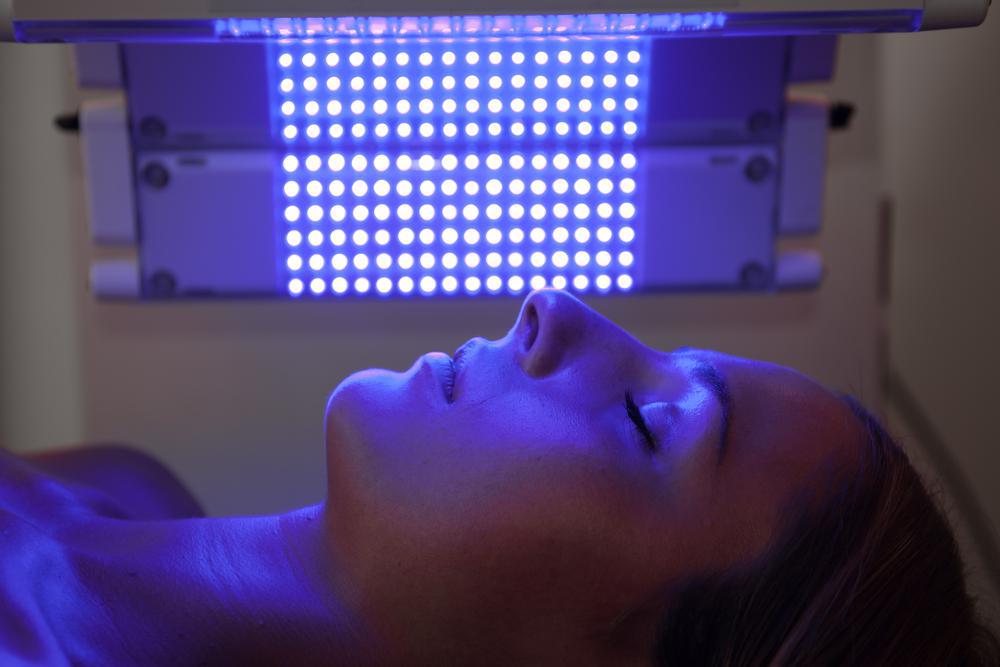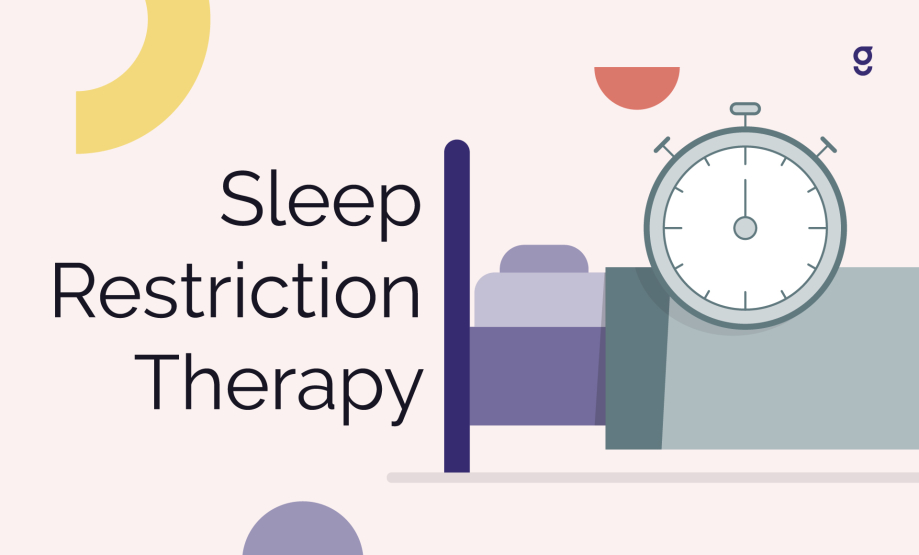Effective Therapy Solutions for Handling Rest Disorders and Enhancing Relaxing Rest
In the world of health care, the monitoring of sleep conditions and the mission for relaxed sleep are critical parts of general health. Reliable therapy remedies provide a diverse technique to deal with these obstacles, varying from cognitive behavioral interventions to all natural practices that advertise leisure and mindfulness. The exploration of numerous techniques, consisting of the integration of medication and light treatment, opens up a realm of possibilities in the quest of much better rest quality. As we browse the complex landscape of rest problems and look for to improve our sleep experience, a deeper understanding of these therapy solutions might hold the trick to unlocking a much more rejuvenating and fulfilling restorative trip.
Cognitive Behavior Treatment for Sleep Problems (CBT-I)
Cognitive Behavior Therapy for Insomnia (CBT-I) is a structured, evidence-based treatment strategy that focuses on resolving the underlying factors contributing to rest disruptions. This kind of therapy intends to change habits and ideas that exacerbate sleeping disorders, ultimately promoting healthy and balanced sleep patterns. CBT-I commonly entails numerous key components, consisting of cognitive treatment, rest constraint, stimulus control, and sleep hygiene education.
Cognitive therapy helps people identify and alter unfavorable thought patterns and ideas about sleep that may be preventing their capacity to fall or stay asleep. Sleep restriction includes restricting the amount of time invested in bed to match the person's actual sleep period, thereby boosting rest effectiveness (sleep improvement therapy). Stimulation control techniques help develop a strong association between the bed and sleep by urging individuals to go to bed only when sleepy and to stay clear of involving in stimulating activities in bed
Additionally, rest hygiene education concentrates on developing healthy and balanced sleep behaviors, such as maintaining a constant sleep timetable, creating a relaxing going to bed regimen, and optimizing the rest setting. By resolving these aspects comprehensively, CBT-I supplies an efficient non-pharmacological intervention for managing sleeplessness and enhancing general sleep high quality.
Rest Hygiene Practices
Having established the structure of cognitive restructuring and behavioral modifications in attending to sleeping disorders through Cognitive Behavioral Therapy for Sleeping Disorders (CBT-I), the emphasis now shifts towards exploring vital Rest Hygiene Practices for keeping optimal rest top quality and total health.
Rest hygiene techniques encompass an array of routines and environmental variables that can significantly affect one's capability to sleep and stay asleep throughout the evening. Regular sleep and wake times, developing a relaxing bedtime routine, and optimizing the rest atmosphere by maintaining it dark, silent, and cool are crucial components of great rest health. Limiting direct exposure to displays prior to bedtime, avoiding energizers like caffeine near to bedtime, and involving in normal physical activity throughout the day can additionally promote better rest high quality.
In addition, exercising relaxation techniques such as deep breathing workouts or meditation prior to bed can assist calm the mind and prepare the body for rest. By integrating these sleep hygiene methods into one's daily routine, individuals can establish a healthy and balanced sleep pattern that supports restful sleep and overall health.
Relaxation Techniques and Mindfulness
Carrying out relaxation methods and mindfulness techniques can play a crucial duty in cultivating a sense of calm and advertising top quality sleep. Additionally, guided imagery can help deliver people to a relaxed area in their minds, assisting in anxiety decrease and boosting rest quality.
By incorporating these practices into recommended you read a bedtime routine, individuals can signal to their bodies that it is time to prepare and relax for sleep. Generally, incorporating relaxation strategies and mindfulness practices can dramatically contribute to managing rest conditions and improving general rest top quality.

Medicine Options for Sleep Disorders
After discovering leisure methods and mindfulness methods as non-pharmacological interventions for improving sleep quality, it is vital to take into consideration medicine options for people with rest disorders. In situations where way of living adjustments and therapy do not provide sufficient alleviation, medication can be an important device in managing sleep disruptions.
Typically suggested medications for rest problems consist of benzodiazepines, non-benzodiazepine hypnotics, antidepressants, and melatonin receptor agonists. Antidepressants, such as trazodone, can be valuable for people with co-occurring clinical depression and rest disruptions - sleep deprivation help.
It is vital for individuals to seek advice from a health care company to identify the most appropriate medicine alternative based upon their details sleep problem and case history.
Light Treatment for Circadian Rhythm Law
Light treatment, also understood as phototherapy, is a non-invasive therapy approach utilized to control circadian rhythms and improve sleep-wake cycles. This therapy includes exposure to brilliant light that imitates check all-natural sunshine, which aids to reset the body's biological rhythm. By subjecting people to details wavelengths of light, typically in the morning or evening depending on the desired effect, light therapy can effectively readjust the circadian rhythm to advertise wakefulness during the day and improve peaceful rest at night.
Research study has actually shown that light treatment can be particularly helpful for individuals with body clock conditions, such as postponed sleep phase syndrome or jet lag. It can additionally be useful for those experiencing seasonal affective condition (SAD), a kind of anxiety that normally happens during the cold weather when all-natural light exposure is decreased. Light therapy is typically well-tolerated and can be used along with other therapy methods for sleep disorders to maximize results and enhance total sleep high quality.
Verdict
Finally, efficient therapy options for taking care of sleep disorders and boosting restful sleep include Cognitive Behavioral Treatment for Insomnia (CBT-I), sleep hygiene techniques, relaxation methods and mindfulness, drug options, and light therapy for circadian rhythm policy. These strategies can aid people boost their sleep high quality and general well-being. It is vital to consult with a doctor to identify the most suitable method for dealing with rest problems.
As we navigate the detailed landscape of rest disorders and look for to boost our sleep experience, a much deeper understanding of these therapy solutions might hold the key to unlocking a much more relaxing and satisfying corrective journey.
Sleep restriction includes limiting the amount of time spent in bed to match the person's actual rest duration, thereby boosting sleep efficiency. Constant rest and wake times, producing a relaxing bedtime regimen, and enhancing the rest setting by keeping it dark, peaceful, and cool are important components of excellent rest hygiene. Light treatment is typically well-tolerated and can be utilized in combination with other therapy techniques for rest disorders to maximize outcomes and improve overall rest high quality.
